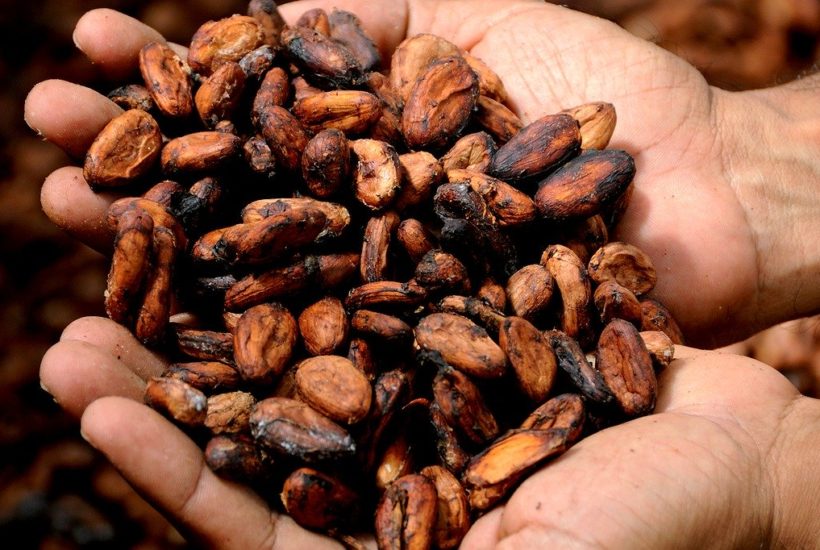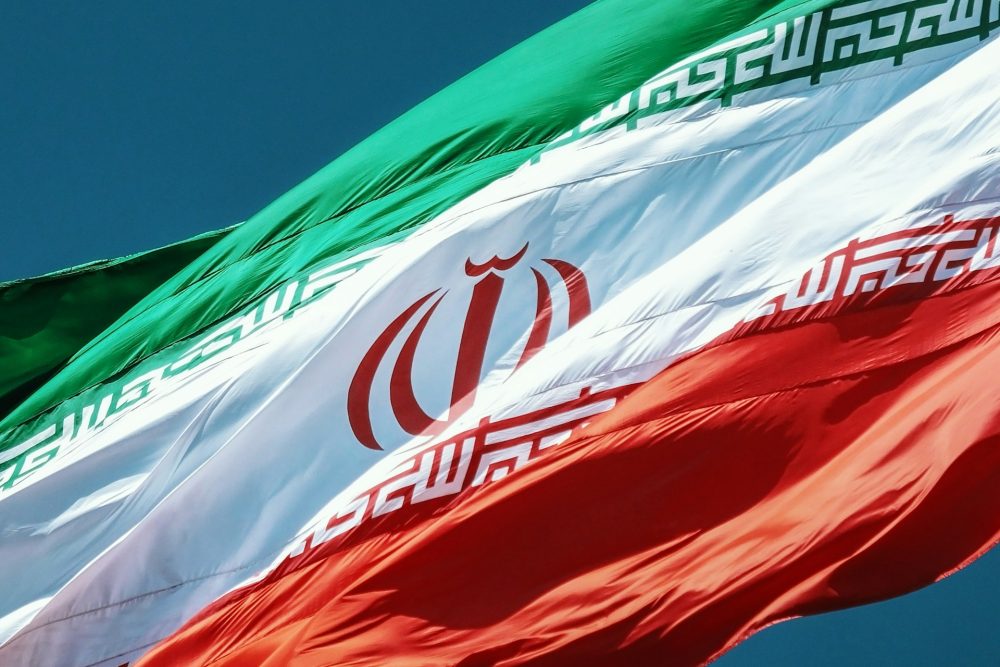Africa
Côte d’Ivoire will subsidize local stakeholders in the cocoa sector
The Ivorian government plans to help the cocoa industry and other agricultural export crops, such as cashew and coffee. Cocoa accounts for 10% of Côte d’Ivoire’s GDP and 40% of its export earnings. Although prices on the world cocoa market are at a good level at the moment – they were even slightly higher last week – fears of a fall caused by the drop in demand, particularly from China, persist.

The Ivorian government will offer massive and unprecedented support to the cocoa industry. The decision was announced on April 22nd, after the head of state, Alassane Ouattara, signed ordinances containing a massive, broader plan for $412 million (€380 million) that will be used to support agricultural export crops: cocoa, cashew nuts, coffee, rubber and also cotton.
For the cocoa sector, it is above all a question of avoiding bankruptcies by making Ivorian players more competitive against the multinationals that dominate the sector. The crops themselves are not directly affected by the pandemic for the moment, but exports are likely to fall due to the global economic recession.
Read more about the economic situation in Cote d’Ivoire and how the Government is trying to help the cocoa industry with the Born2Invest mobile app. Be the first to find out the most important business news from around the world with our companion app.
Keeping up with international competition
Cocoa is strategic for Côte d’Ivoire, which is the world’s leading producer, with 40% of the market. Brown gold accounts for 10% of Côte d’Ivoire’s GDP and 40% of its export earnings. It provides a livelihood for five million people, about one-fifth of the population, according to the World Bank. “This support takes the form of a subsidy of 6 cents (35 FCFA) per kilo of cocoa, with a ceiling of 50,000 tons per operator and per campaign,” explained government spokesman Sidi Touré at the end of the Council of Ministers.
This, therefore, represents a total of $2,700 (1.75 million CFA francs), per trader and per campaign. The 2019 to 2022 cocoa campaigns are concerned by this measure. This decision comes at a time when Côte d’Ivoire aims to process locally 50% of its annual production of cocoa beans, estimated at two million tons.
The State has also decided to create a support fund for investment in cocoa processing, amounting to $16.5 million (CFAF 10 billion).
The Association of Ivorian Traders, which groups together 15 national coffee and cocoa export companies, had denounced in February “the unfair competition from chocolate multinationals which could lead them to bankruptcy.”
“These government measures will allow the structures to continue to exist and to make their activities prosper,” the secretary-general of the Association, Constance Kouamé said.
Fears about demand
Although prices on the world cocoa market are at a good level at the moment – they were even slightly higher last week – fears of a fall caused by the drop in demand, particularly from China, persist. “The harvest is now complete for the main crop in West Africa and the results so far are very good,” Jack Scoville of Price Group said in a note. However, demand remains “weak,” according to the analyst.
The American giant Archer Daniels Midland (ADM), the Swiss group Barry Callebaut, the world leader in industrial chocolate, as well as Cargill, Nestlé, Mondelez and Lindt dominate the Ivorian market for cocoa exports, more than 80% of which are sent to Europe.
For his part, Barry Callebaut, the world leader in cocoa and chocolate preparations, noted “signs of a strong recovery” in demand in China after seeing a “sharp slowdown” in its so-called gourmet and speciality businesses, which group together products for pastry professionals, in the country at the beginning of the year.
Meanwhile, the Ivorian government has already announced that the country’s economic growth will be halved to 3.6% in 2020 due to the pandemic.
__
(Featured image by dghchocolatier via Pixabay)
DISCLAIMER: This article was written by a third party contributor and does not reflect the opinion of Born2Invest, its management, staff or its associates. Please review our disclaimer for more information.
This article may include forward-looking statements. These forward-looking statements generally are identified by the words “believe,” “project,” “estimate,” “become,” “plan,” “will,” and similar expressions. These forward-looking statements involve known and unknown risks as well as uncertainties, including those discussed in the following cautionary statements and elsewhere in this article and on this site. Although the Company may believe that its expectations are based on reasonable assumptions, the actual results that the Company may achieve may differ materially from any forward-looking statements, which reflect the opinions of the management of the Company only as of the date hereof. Additionally, please make sure to read these important disclosures.
First published in Le Point, a third-party contributor translated and adapted the article from the original. In case of discrepancy, the original will prevail.
Although we made reasonable efforts to provide accurate translations, some parts may be incorrect. Born2Invest assumes no responsibility for errors, omissions or ambiguities in the translations provided on this website. Any person or entity relying on translated content does so at their own risk. Born2Invest is not responsible for losses caused by such reliance on the accuracy or reliability of translated information. If you wish to report an error or inaccuracy in the translation, we encourage you to contact us.

-

 Impact Investing1 week ago
Impact Investing1 week agoGlobal Energy Shift: Record $2.2 Trillion Invested in Green Transition in 2024
-

 Crowdfunding3 days ago
Crowdfunding3 days agoDolci Palmisano Issues Its First Minibond of the F&P “Rolling Short term” Program
-

 Markets1 week ago
Markets1 week agoShockwaves of War: U.S. Strikes Iran, Markets Teeter, Global Risks Rise
-

 Crypto1 week ago
Crypto1 week agoCoinbase Surges: Bernstein Targets $510 as COIN Hits Highest Price Since IPO

























